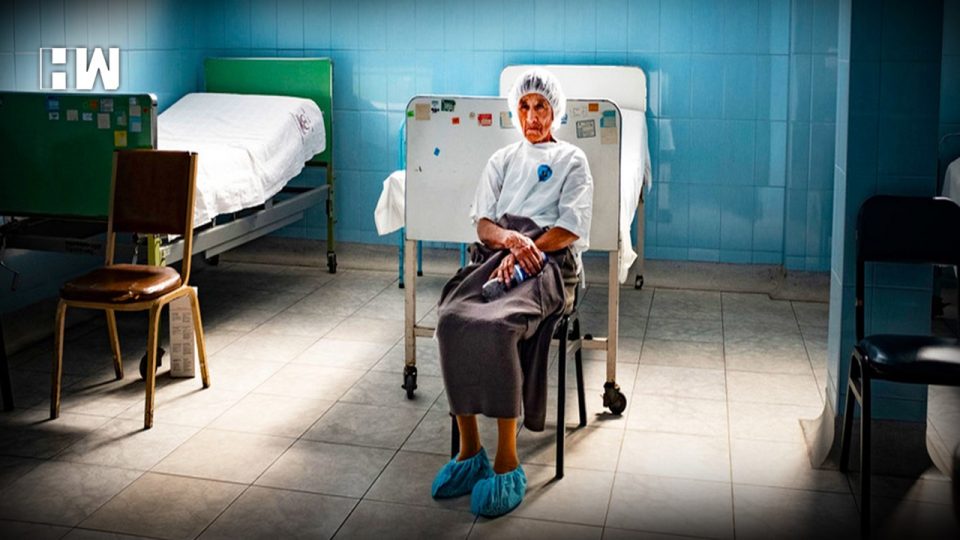An advisory body of the UN health agency is not recommending the use of the high-profile antiviral drug Remdesivir for hospitalized COVID-19 patients, saying on Thursday there is insufficient evidence that it improves survival outcomes or cuts down on the need for patients to be put onto ventilators.
A World Health Organization (WHO) Guideline Development Group (GDG) panel of international experts made the recommendation in the BMJ – the weekly peer-reviewed medical journal, published by the British Medical Association – as part of so-called “living guidelines” to manage the coronavirus and help doctors make better decisions in consultation with patients.
“Living guidelines are useful in fast moving research areas like COVID-19 because they allow researchers to update previously vetted and peer reviewed evidence summaries as new information becomes available”, said WHO, in a press release on the findings.
Evidence-based decisions
Remdesivir has received global attention in treating severe coronavirus cases and is increasingly being used for hospitalized patients. But its role in clinical practice has remained uncertain.
WHO’s recommendation is based on new evidence comparing the effects of several drugs on treating the virus and includes data from four international randomized trials involving more than 7,000 COVID-19 inpatients.
After reviewing the evidence, the WHO GDG expert panel, which includes four patients who have had the coronavirus, concluded that the intravenously administered Remdesivir “has no meaningful effect on mortality or on other important outcomes for patients, such as the need for mechanical ventilation or time to clinical improvement”.
Arguing its use
The panel acknowledged that the certainty of the evidence is low and did not prove that Remdesivir has no benefit; but rather, “there is no evidence based on currently available data that it does improve important patient outcomes”, according to the WHO release.
However, the GDG supported the continued enrolment of patients into Remdesivir evaluation trials to determine whether more substantial evidence can be obtained, especially with regards to specific groups of patients.
The WHO press release also cites a feature article linked in the panel’s BMJ report, which says that the full story of Remdesivir will not be understood until its manufacturer, Gilead, releases full clinical study reports.
In the meantime, reports the journalist who wrote the feature, Jeremy Hsu, alternative treatments such as widely available corticosteroid, dexamethasone, that has been proved to reduce mortality among some severely-ill COVID-19 sufferers, are “now impacting discussions about Remdesivir’s cost-effectiveness”, in the words of the WHO press release.
As an independent media platform, we do not take advertisements from governments and corporate houses. It is you, our readers, who have supported us on our journey to do honest and unbiased journalism. Please contribute, so that we can continue to do the same in future.


